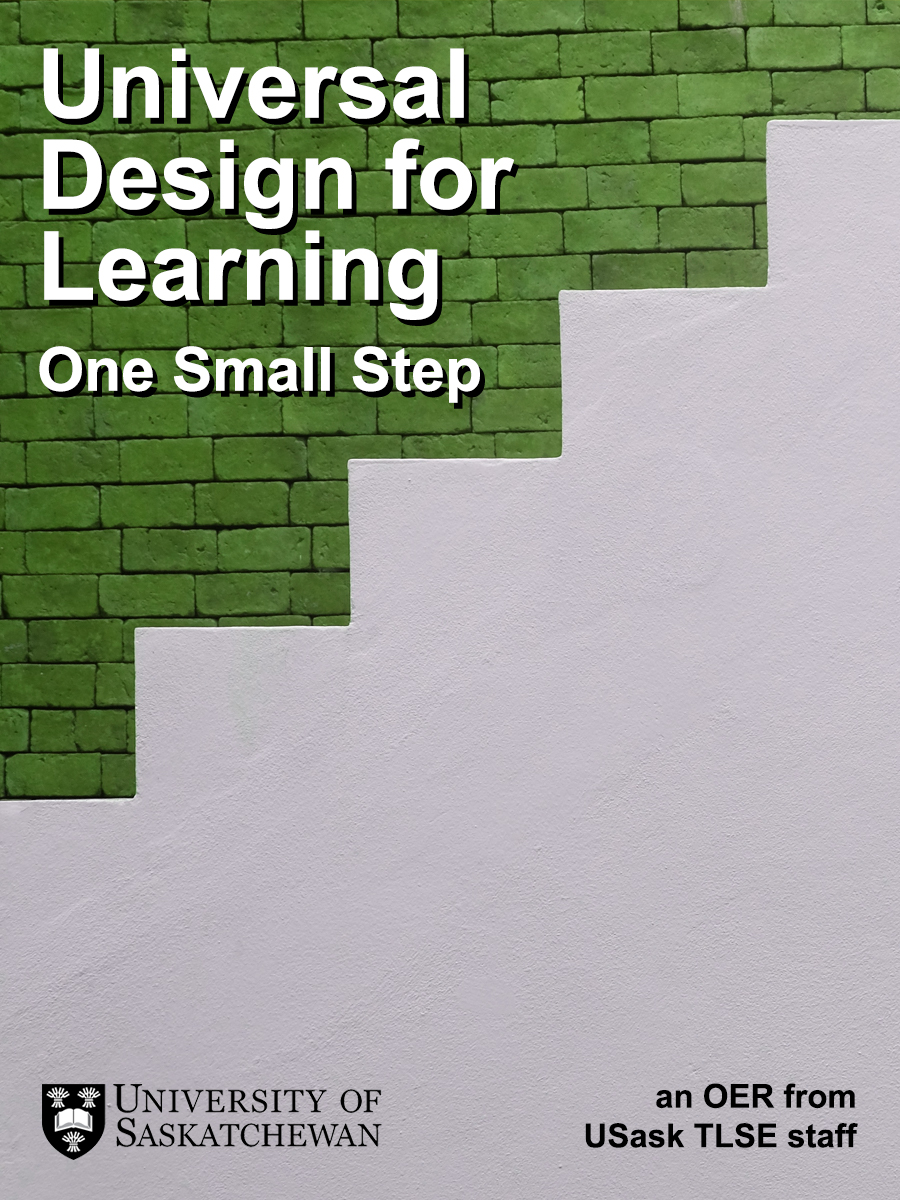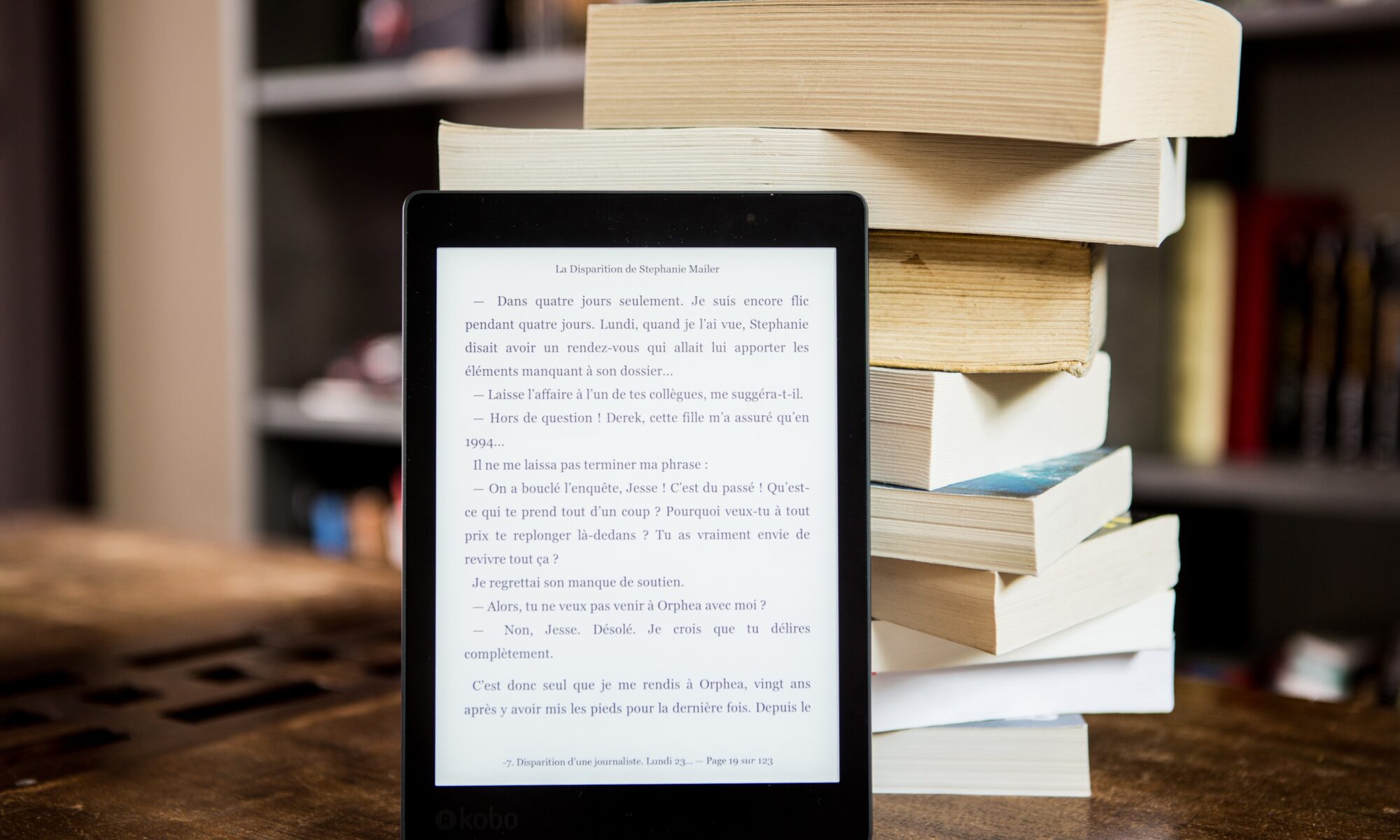 We know that learners bring a wide range of knowledge, skills, backgrounds, and experiences into the classroom. As educators, we can expect to find variability in our classroom. The USask Learning Charter lists, as one of the Educator Commitments and Responsibilities, to Strive for Excellence in Teaching. This commitment means that educators work to develop respectful and inclusive learning environments that support student learning. Honouring this commitment requires that educators co-create with students a shared space for learning in which all participants feel respected, valued, and empowered to contribute as they achieve their goals and share the gifts of their identities in relationship with one another. This approach is also part of the work that comes to embody the word manacihtowin (Cree) / manachihitoohk (Michif) (i.e., respect of all individuals). When we don’t respond to the variability in our classrooms, we make our educational experiences exclusive.
We know that learners bring a wide range of knowledge, skills, backgrounds, and experiences into the classroom. As educators, we can expect to find variability in our classroom. The USask Learning Charter lists, as one of the Educator Commitments and Responsibilities, to Strive for Excellence in Teaching. This commitment means that educators work to develop respectful and inclusive learning environments that support student learning. Honouring this commitment requires that educators co-create with students a shared space for learning in which all participants feel respected, valued, and empowered to contribute as they achieve their goals and share the gifts of their identities in relationship with one another. This approach is also part of the work that comes to embody the word manacihtowin (Cree) / manachihitoohk (Michif) (i.e., respect of all individuals). When we don’t respond to the variability in our classrooms, we make our educational experiences exclusive.
Universal Design for Learning (UDL) is a powerful set of approaches that allows you to make sure the greatest range of students can access and engage in learning – not just certain students. A new open educational resource (OER), authored by a collaborative team of TLSE staff members, is available for USask educators to learn more about UDL: Universal Design for Learning: One Small Step.
Continue reading “Announcing a New OER – Universal Design for Learning (UDL): One Small Step”







